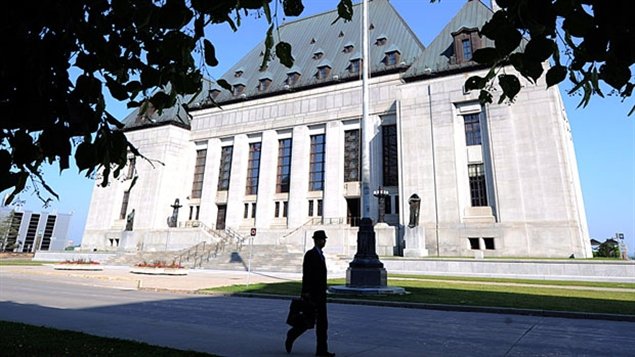The Supreme Court of Canada has re-affirmed its controversial decision on what constitutes an unreasonable delay in court proceedings, by ruling that a Newfoundland man accused of drug trafficking should not face prosecution because his case took too long to get to trial.
James Cody was charged in January, 2010, with trafficking marijuana and cocaine, as well as weapons and parole violation charges. He argued that his Charter rights were violated when he had to wait more than five years for his trial on those charges.
A lower court judge agreed with Cody and stayed the charges.
The Crown appealed and the case went to Newfoundland and Labrador’s Court of Appeal, which considered the July, 2016, Supreme Court decision of R. v. Jordan, which imposed an 18-month timeline for a case to be wrapped up in lower court, and 30 months for a Superior Court case..
The Newfoundland Court of Appeal considered the Jordan ruling, but in a 2-1 decision, they decided the delays in Cody’s case were due in large measure to Cody’s own defence team. The court set aside the lower court’s stay of proceedings and sent the case back for trial.
Cody’s defence appealed to the Supreme Court, which heard arguments in April.
In its unanimous decision, the court said that the delay was unreasonable and the lower court’s decision to stay the proceedings should be restored.
Appeal judgment rendered today #SCCAppeal https://t.co/E3iOHObPTj pic.twitter.com/5jMrB1XnWr
— Supreme Court Canada (@SCC_eng) June 16, 2017
“Under the Jordan framework, every actor in the justice system has a responsibility to ensure that criminal proceedings are carried out in a manner that is consistent with an accused person’s right to a trial within a reasonable time,” the court said, adding that the Jordan framework “must be followed” and “cannot be lightly discarded or overruled.”
With files from The Canadian Press







For reasons beyond our control, and for an undetermined period of time, our comment section is now closed. However, our social networks remain open to your contributions.